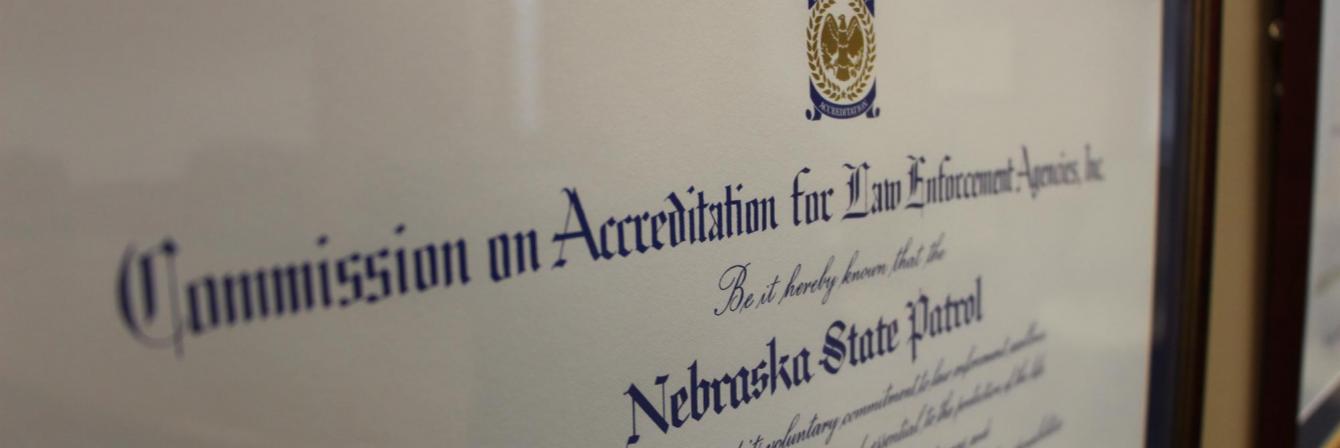Formed in 1973 the Legal Division of the Nebraska State Patrol consists of four attorneys and two paralegals.
Mark Boyer is Chief Legal Counsel for the Nebraska State Patrol.
The attorneys and staff provide:
• Legal training
• Agency assistance with employment practices
• The handling of claims and workers' compensation matters
• The settling of vehicle accident cases
• Policy review
• Management advisement
• The drafting and review of contracts and other legal documents
• Legislation review
• Legal research
• Advisement to officers and prosecutors regarding criminal and traffic matters
• The handling of public record requests and subpoena responses
• Assistance with the civil defense of the agency
• The handling of disciplinary appeals and other administrative hearings






